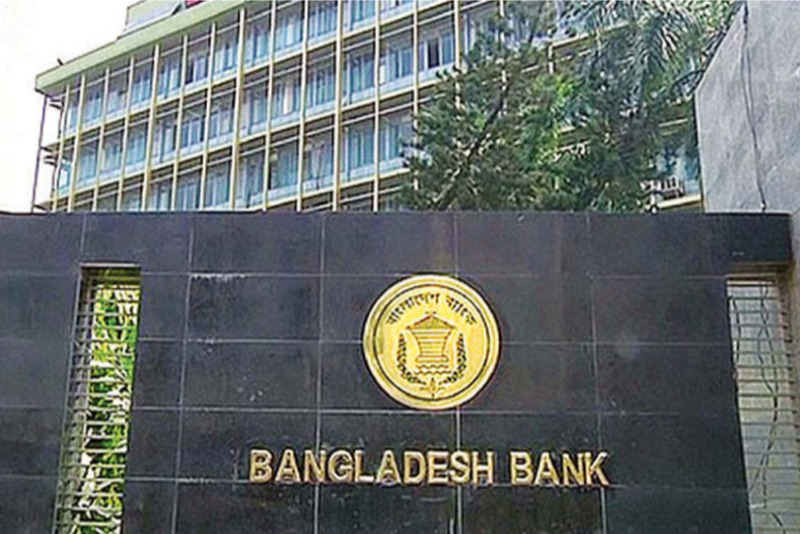
Bangladesh: Bangladesh’s central bank is reportedly exploring the possibility of financial settlements with prominent business figures accused of illegally moving funds overseas during the leadership of former Prime Minister Sheikh Hasina, according to a recent report by the Financial Times (FT).
In an interview with the FT, Bangladesh Bank Governor Ahsan Mansur said the option of civil settlements is being considered, particularly in cases deemed less serious.
“If the nature is more on the lighter side of violations... we would go for a civil suit, and a financial settlement would be part of that process,” he said, refraining from naming any individuals.
Mansur also disclosed that the central bank aims to raise as much as $100 million to support international legal efforts to reclaim assets that were allegedly transferred out of the country by politically affiliated individuals during Hasina’s 15-year administration.
The current interim government, led by Nobel Laureate Prof Muhammad Yunus, assumed power after Sheikh Hasina was removed from office in a student-driven political uprising in August last year.
According to the FT, the transitional administration asserts that individuals linked to the previous government transferred tens of billions of dollars abroad. Authorities have initiated 11 high-level investigations focusing on families associated with the former ruling elite, including Hasina’s own. Domestic financial accounts tied to these individuals have been frozen, and the government is collaborating with foreign law enforcement to track the funds.
While in London this week to further asset recovery talks, Prof Yunus urged British officials to increase their support.
“This is stolen money,” he said in a statement to the FT, emphasizing that the UK had both a “legal and moral obligation” to aid in repatriating the assets.
A government-commissioned white paper published in December estimated that approximately $234 billion was funneled out of Bangladesh during Hasina’s premiership.
The FT report also mentioned allegations from Mansur and other authorities that the funds were misused through fraudulent bank loans and misappropriation from public infrastructure initiatives, often facilitated through political influence over financial institutions.
To finance its asset recovery operations, Bangladesh is in discussions with litigation funding companies. These firms typically cover legal expenses in exchange for a share of any recovered amounts.
“We have been looking at litigation funding, and we are getting a very positive response,” Mansur said. “We would like to see that as much as possible can be funded through litigation funders.”
Omni Bridgeway, a litigation finance company based in Sydney, confirmed to the FT that it had sent representatives to Dhaka earlier this year. Executives met with Mansur and officials from over a dozen banks.
“We have expressed a particular interest in supporting the banking sector by financing and managing the recovery of non-performing loans, especially those involving the illicit transfer of funds abroad,” said Wieger Wielinga, managing director of enforcement at Omni Bridgeway.



